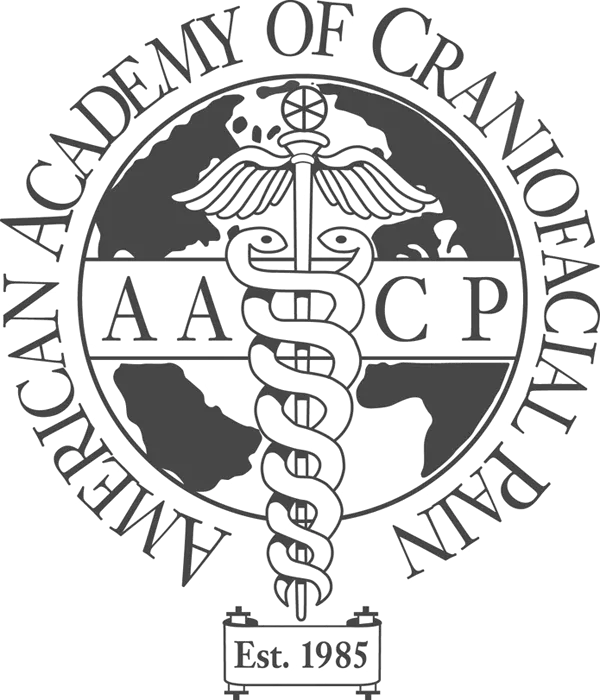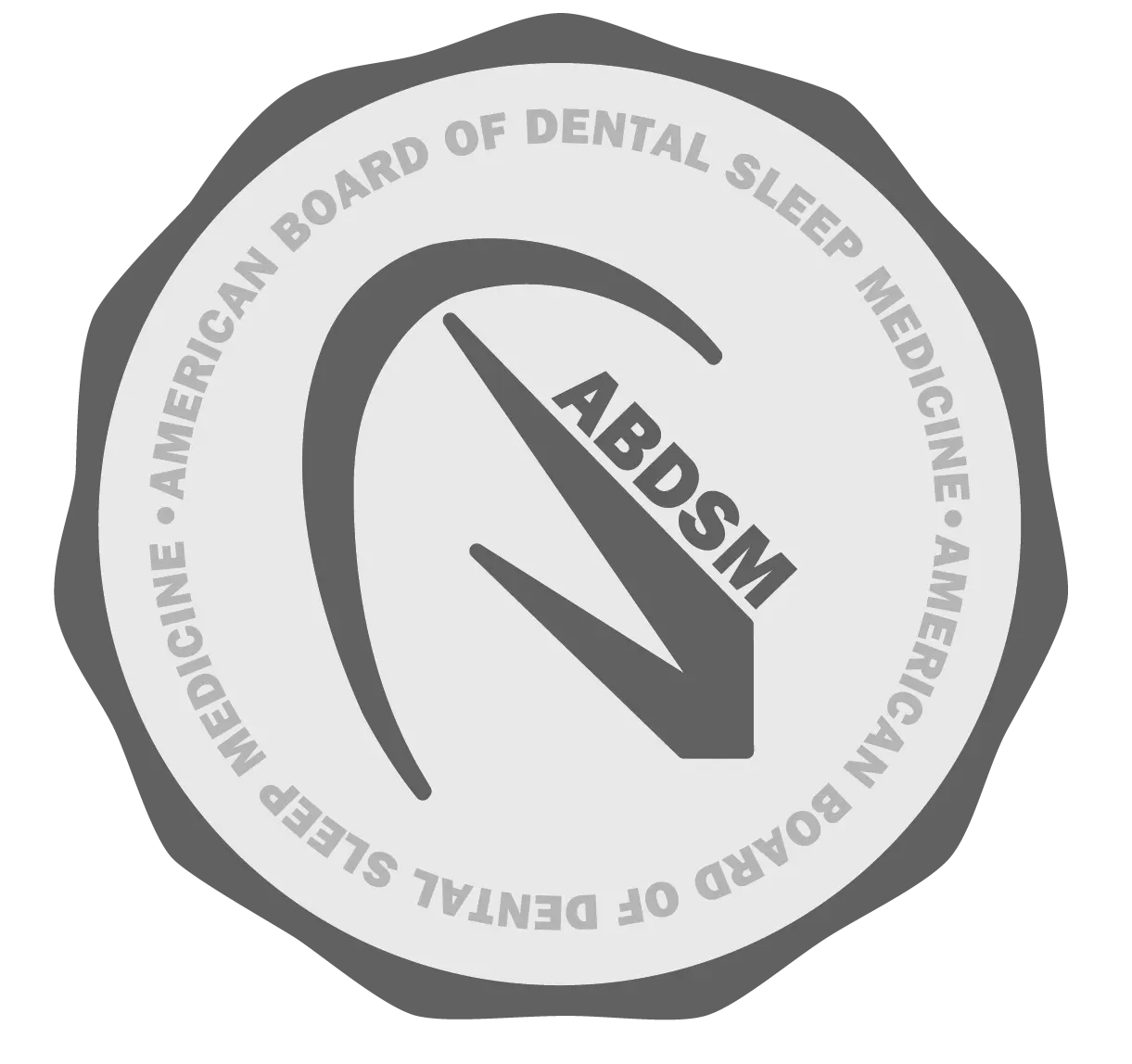Tooth extraction is a routine dental procedure, yet many ask, "Is tooth extraction very painful?" The good news is that modern dental techniques and advanced sedation options make tooth extractions much more comfortable than in the past. While some discomfort may occur, tooth extraction doesn't have to be as painful as it sounds.
Let's explore the process of tooth extraction, pain management options, and how to care for your teeth afterward to ensure a smooth recovery.
Is Tooth Extraction Painful?
The short answer is not necessarily. Thanks to local anesthesia and other sedation options, most patients experience minimal pain during tooth extraction. However, the discomfort you feel depends on factors like the type of tooth extraction, the procedure's complexity, and your pain tolerance.
Local anesthesia numbs the area around the tooth during the procedure, preventing pain. You may feel pressure as the dentist works, but it won't cause pain. After the extraction, mild discomfort or swelling is common, but it can be easily managed with pain relievers and proper aftercare.
Let's break down the factors determining how painful a tooth extraction might be.
Sedation Options for Tooth Extraction
One of the main concerns patients have about tooth extractions is the pain during the procedure. Dental practices offer various sedation options to ensure patients' comfort.
1. Local Anesthesia
Local anesthesia is used for most simple extractions. It numbs the area around the tooth extracted, ensuring you won't feel pain during the procedure. Local anesthesia doesn't put you to sleep, but it does prevent any pain from the extraction.
2. Nitrous Oxide (Laughing Gas)
Nitrous oxide, commonly known as laughing gas, is a mild sedative that helps you relax during the procedure. You'll remain awake but feel calm and slightly euphoric, making the process less stressful.
3. Oral Sedation
For patients who experience high dental anxiety, oral sedation may be an option. A sedative is taken in pill or liquid form before the procedure, which helps you feel drowsy and relaxed, although you'll remain awake throughout the extraction.
4. IV Sedation
IV sedation is used for more complicated extractions or highly anxious patients. This form of sedation allows the dentist to control the level of relaxation and sleepiness during the procedure, ensuring you are completely relaxed and comfortable.
Choosing the right sedation option ensures that your extraction will be as pain-free as possible. Your dentist will help you choose the best option based on your needs.
Which Tooth Extractions Are More Painful?
Certain tooth extractions may be more painful than others, depending on the procedure's complexity and the tooth's condition. Here's a breakdown:
1. Simple Extractions
Simple extractions are usually less painful. These are performed when the tooth is visible and can be easily removed. Anesthesia ensures no pain, and the recovery time is usually quick, with minimal discomfort.
2. Surgical Extractions
Surgical extractions are more complex and tend to be more painful. These are necessary when a tooth is broken, impacted, or has not fully erupted, such as wisdom teeth. While anesthesia reduces pain, the recovery period is longer, and there may be more discomfort after the procedure.
3. Impacted Teeth
Like wisdom teeth, impacted teeth are harder to remove because they are trapped beneath the gum line or bone. Surgical intervention is often required for impacted teeth, making the extraction process more complex, and post-procedure pain can be more significant.
How to Make the Procedure Less Painful
While it's difficult to eliminate all discomfort during a tooth extraction, there are several steps you can take to make the experience as comfortable as possible:
1. Choose the Right Sedation
Selecting the appropriate sedation option helps you stay calm and pain-free during the procedure. Talk to your dentist about your comfort levels and any concerns you may have. They will recommend a sedation plan tailored to your needs, ensuring you feel at ease throughout the process.
2. Stay Relaxed and Calm
Anxiety can intensify your perception of pain. Techniques such as deep breathing, calming music, or mindfulness can help you relax. Maintaining calmness can reduce stress and make the extraction process more manageable.
3. Follow Post-Procedure Instructions
Proper aftercare plays a crucial role in minimizing post-extraction pain. Adhere to your dentist's instructions regarding medications, food choices, and oral hygiene to speed up healing and avoid complications, ensuring a smoother recovery.
4. Apply Cold Compresses
A cold compress outside your cheek can reduce swelling and numb the area, helping manage pain after the procedure. Apply the compress in intervals as directed by your dentist to minimize discomfort during the initial recovery phase.
5. Take Pain Medication as Directed
Your dentist may prescribe pain relievers or recommend over-the-counter options to manage post-extraction pain. Taking the medication as directed can provide effective relief, allowing you to rest comfortably and support a quicker recovery.
Aftercare to Reduce Pain
Proper aftercare reduces discomfort and speeds up recovery after a tooth extraction. Here are some aftercare tips:
1. Take Pain Relievers as Directed
Follow your dentist's instructions regarding pain relief. Over-the-counter medications like ibuprofen can help reduce pain and swelling, but stronger medications may be prescribed for more complex extractions.
2. Use Cold Compresses
Applying a cold compress to the outside of your cheek for the first 24 hours after the extraction can help reduce swelling and relieve pain. Apply the compress in intervals to prevent skin irritation.
3. Avoid Strenuous Activities
Avoid intense physical activities, such as exercise, for the first 2-3 days after the procedure to reduce the risk of complications, such as excessive bleeding.
4. Eat Soft Foods
For the first few days, stick to soft foods like soups, mashed potatoes, and smoothies to avoid irritation at the extraction site. Avoid hard, crunchy, or spicy foods that could cause discomfort.
5. Keep the Area Clean
After 24 hours, gently rinse your mouth with warm salt water to keep the area clean and help prevent infection. Avoid brushing directly on the extraction site until it heals.
Conclusion
Tooth extraction is a common dental procedure, and it's rarely painful with modern techniques. Sedation options like local anesthesia, nitrous oxide, and IV sedation make the process as comfortable as possible. Although mild discomfort and swelling may occur afterward, following post-extraction care helps to manage these symptoms. Always consult your dentist to discuss the best pain management options for you.
Book Your Consultation for a Pain-Free Smile in Stone Mountain, Georgia
If you're considering a tooth extraction and are concerned about pain, Smoke Rise Dental offers sedation options to ensure your comfort throughout the procedure. We provide personalized care to meet your needs and help you recover painlessly.
Book your consultation today by calling (770) 923-5500 or visiting us at 5500 A Lilburn Stone Mountain Rd, Stone Mountain, Georgia 30087. Let us help you restore your smile with minimal discomfort and expert care.
FAQs
How painful is getting a tooth pulled?
Due to local anesthesia, tooth extraction is usually painless. Mild discomfort and swelling may follow, but these can be managed with pain relievers and proper care.
What is the pain scale for tooth extraction?
On a scale of 1-10, most patients experience pain levels of 2-4 during and after a routine extraction. The pain usually peaks within 24 hours and decreases thereafter.
How long will pain last after tooth extraction?
Post-extraction pain lasts 2-3 days, with swelling peaking in the first 48 hours. Discomfort often subsides within a week with proper aftercare.
How bad does a tooth extraction feel?
Due to local anesthesia, tooth extractions are generally painless. However, some pressure may be felt during the procedure, and mild soreness may follow, especially for complex extractions.
How soon can I eat after a tooth extraction?
You can eat a few hours after a tooth extraction, but stick to soft foods until the anesthesia wears off. Avoid chewing directly on the extraction site during the first few days.
What is the best painkiller for tooth extraction?
Ibuprofen and acetaminophen are commonly recommended. For more intense pain, your dentist may prescribe stronger painkillers. Always follow your dentist's instructions.











